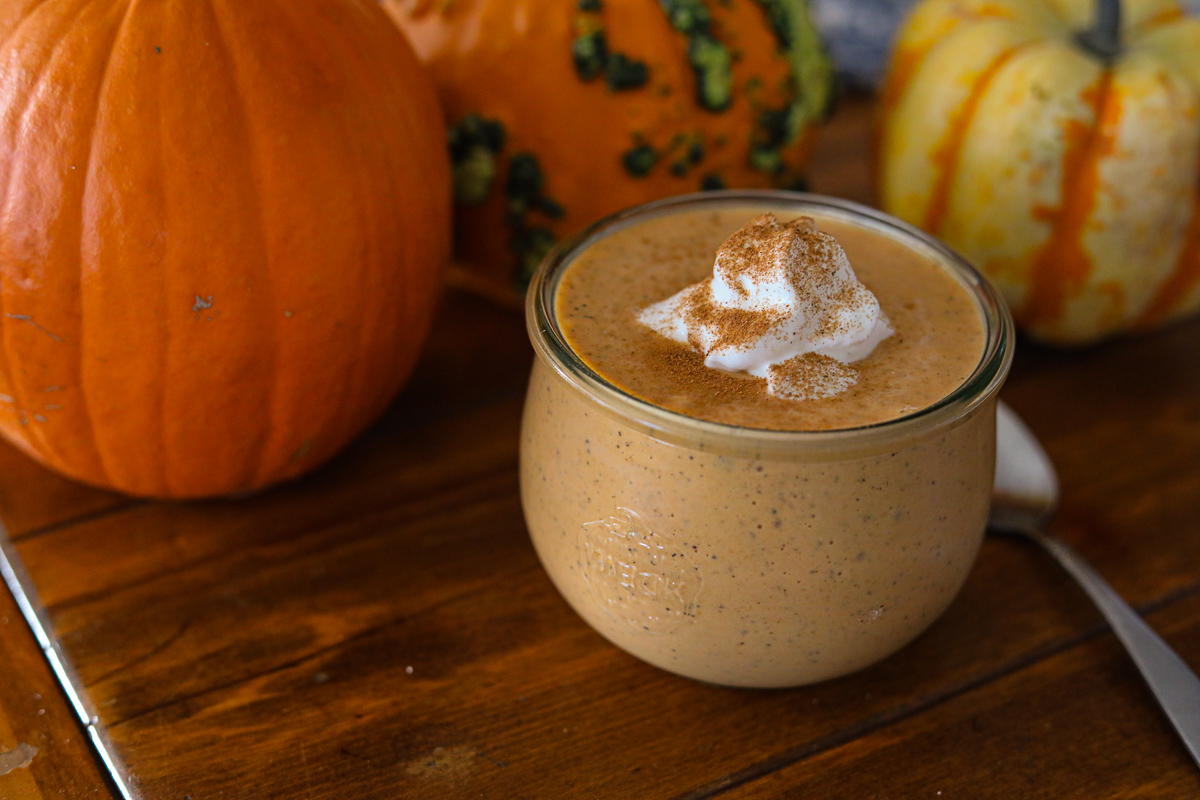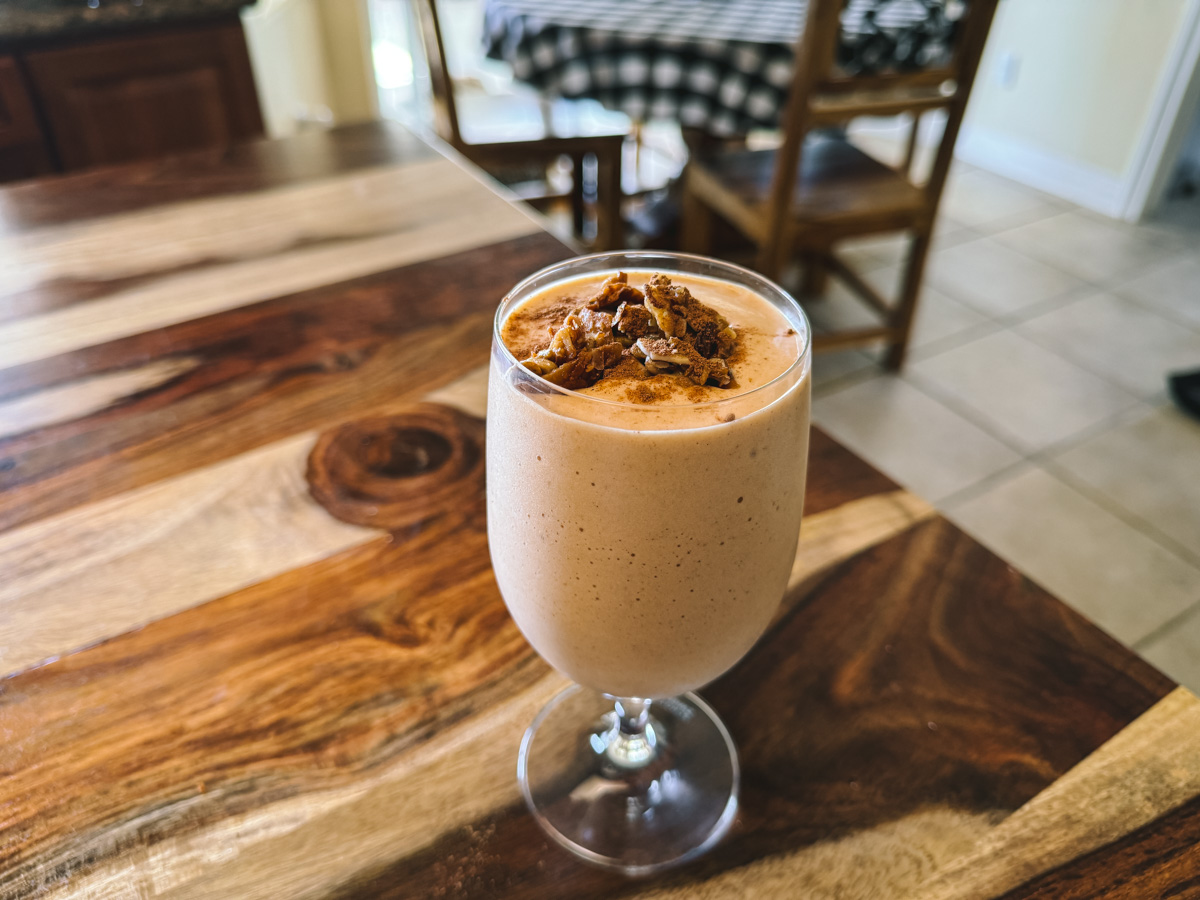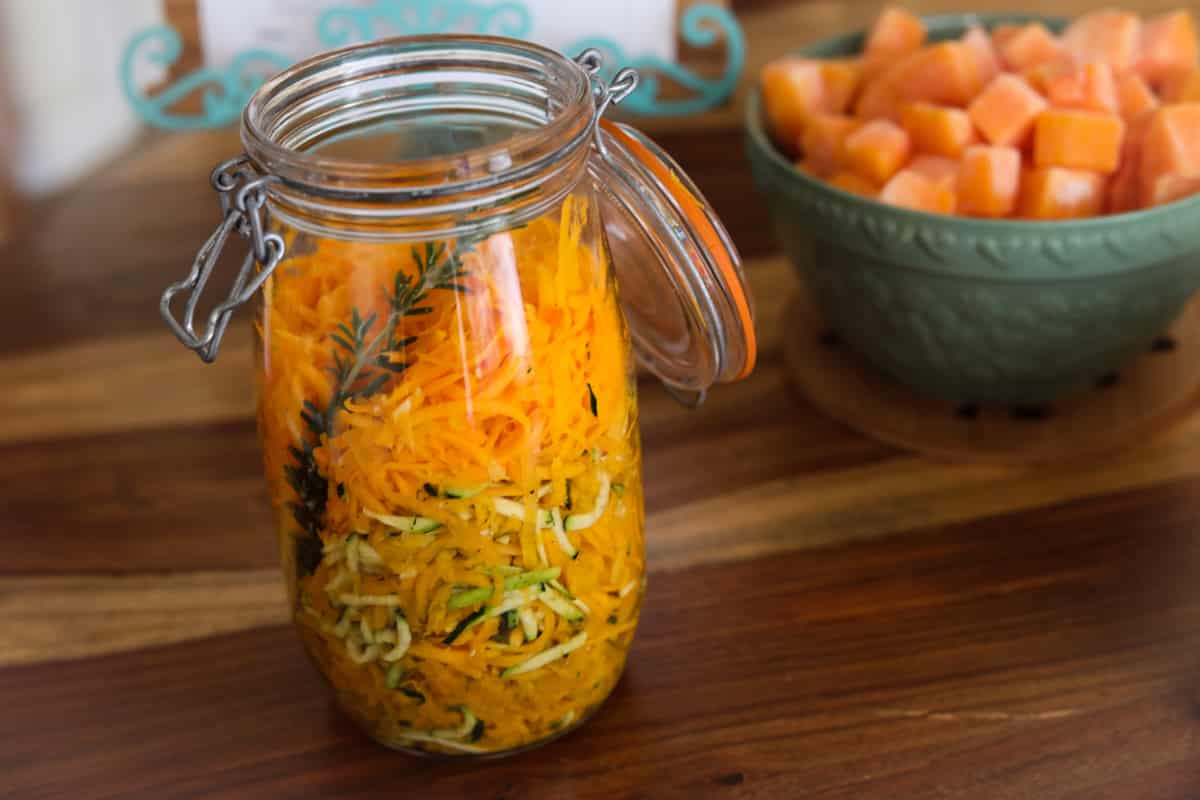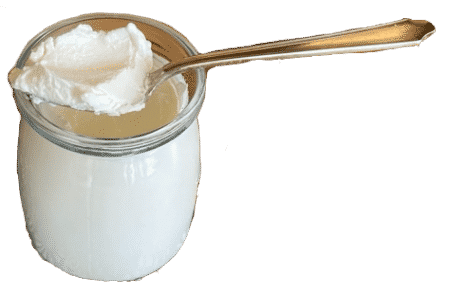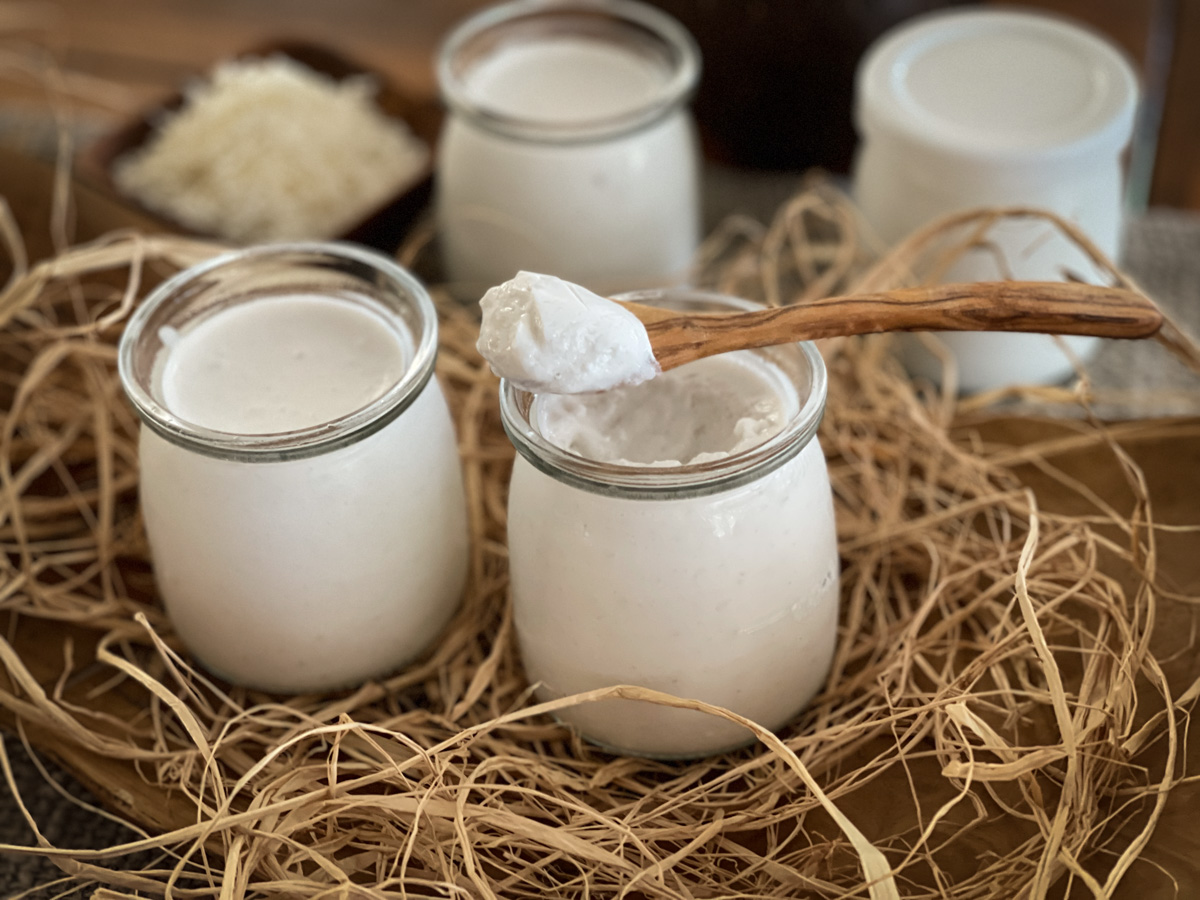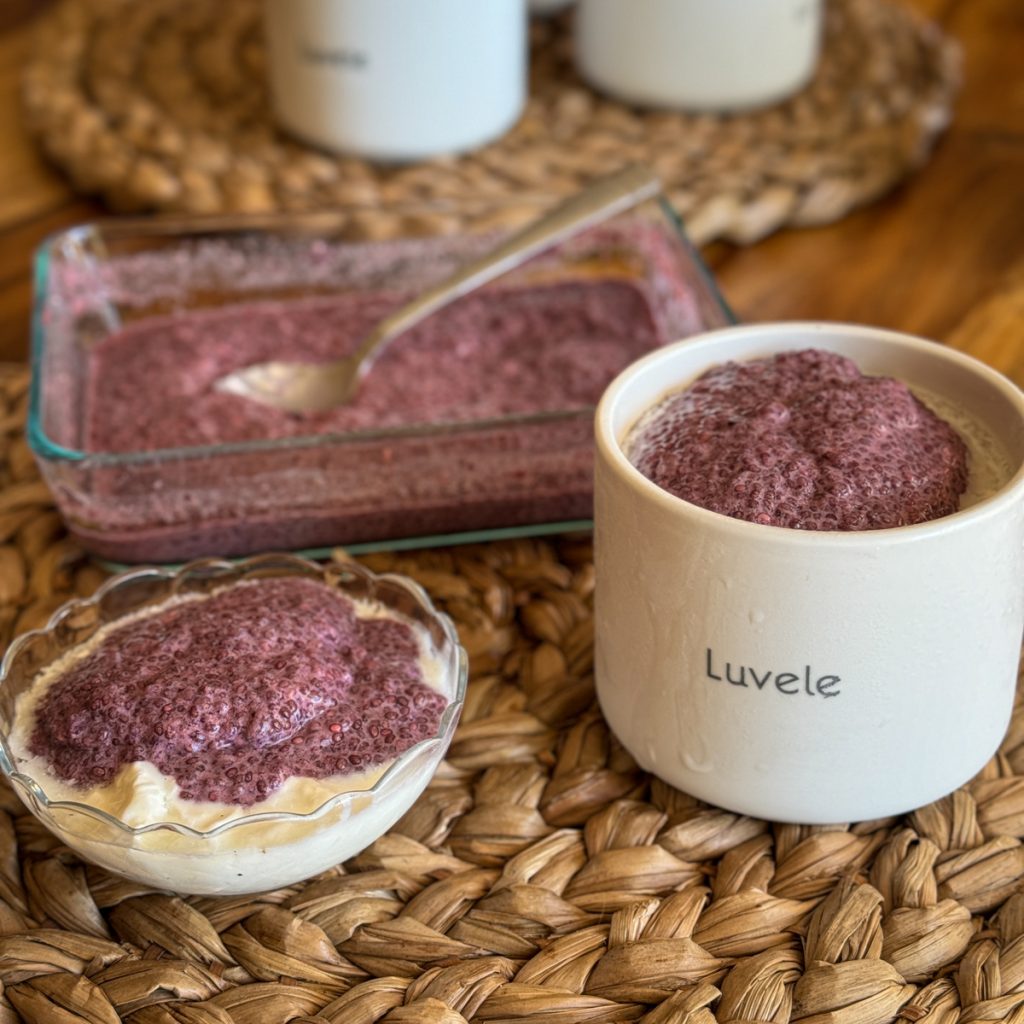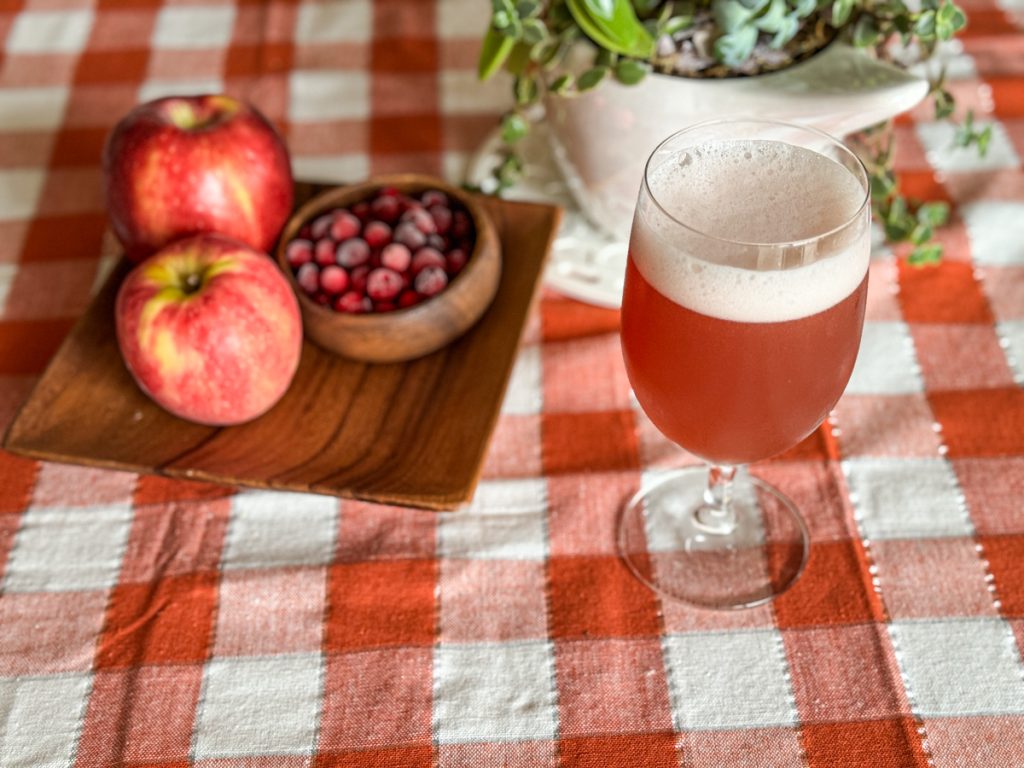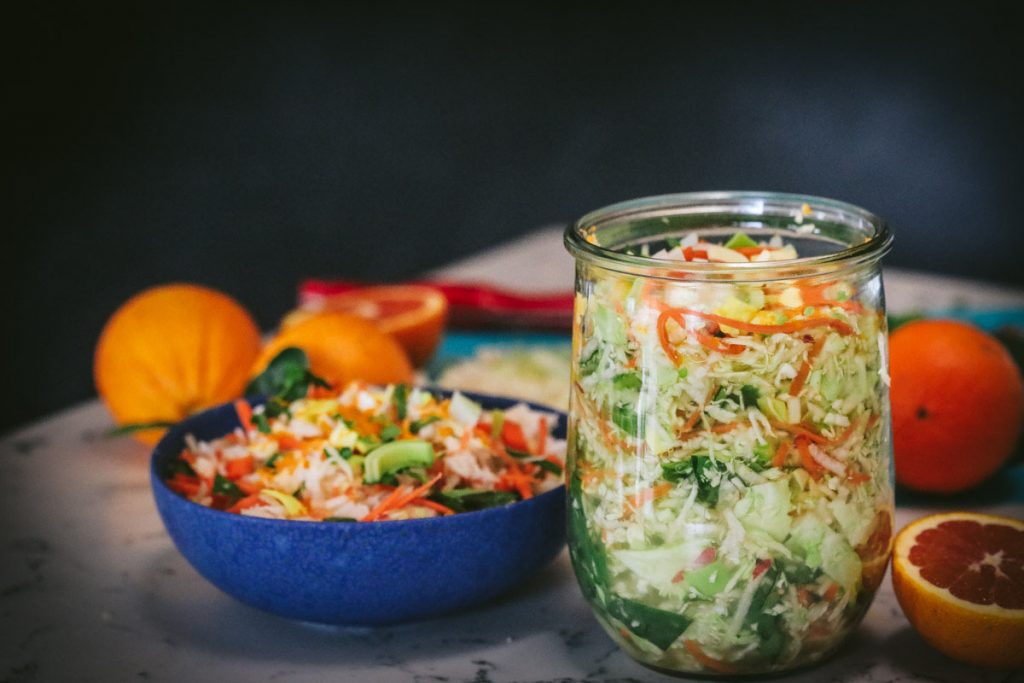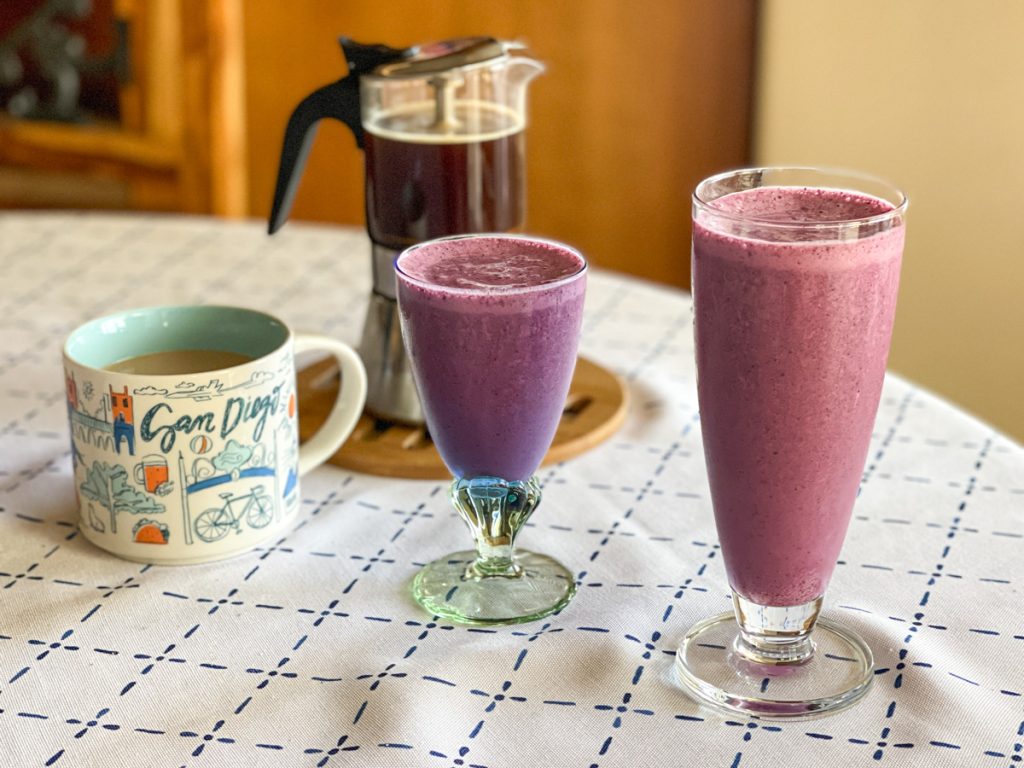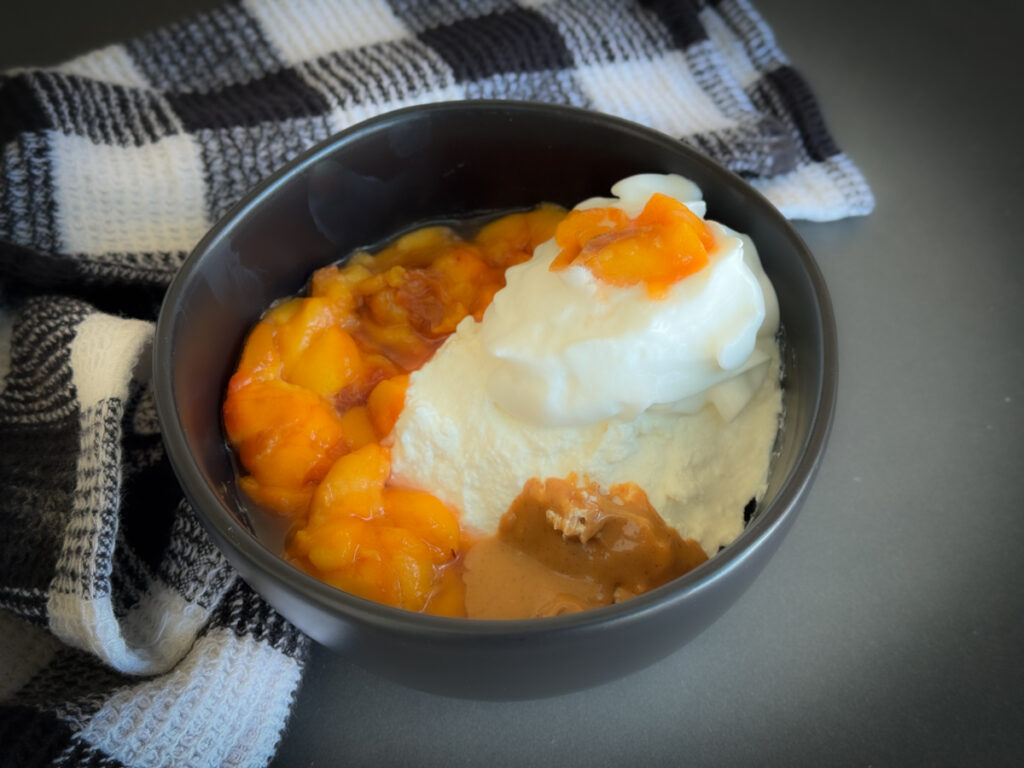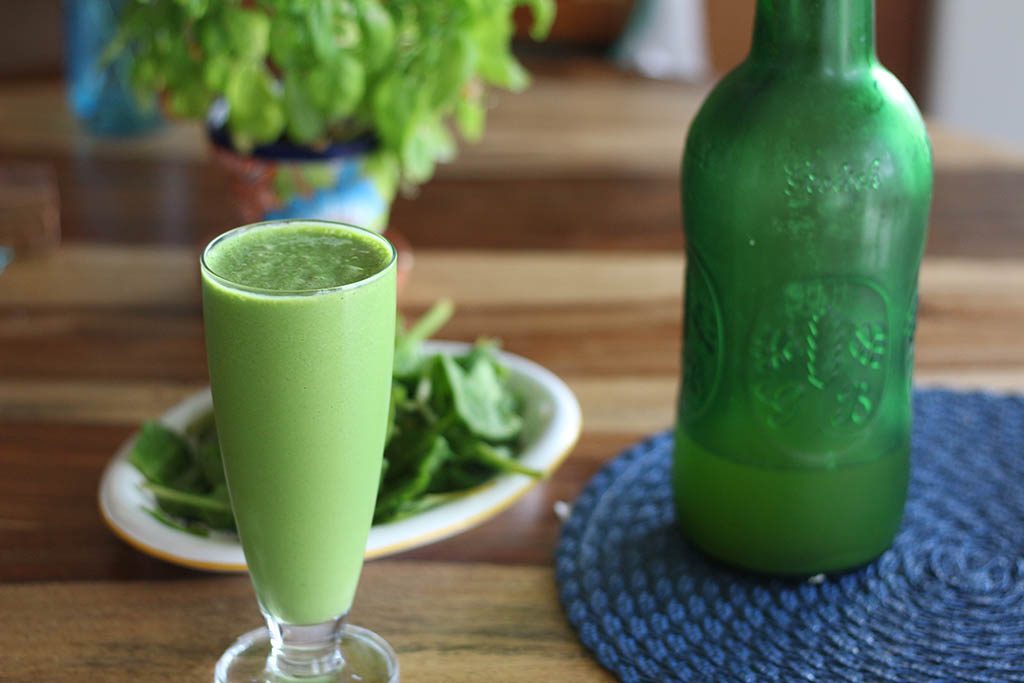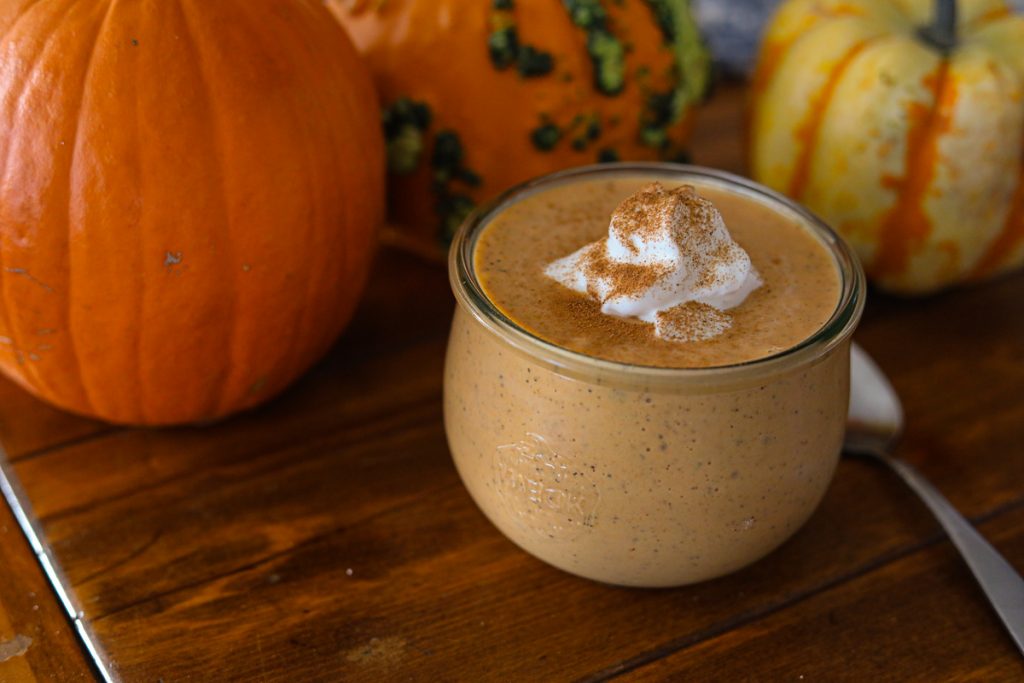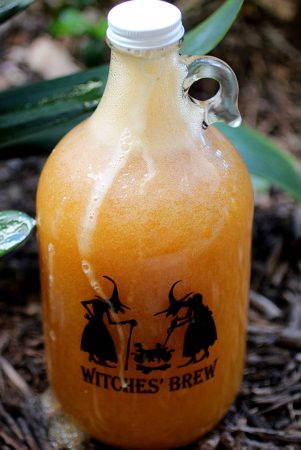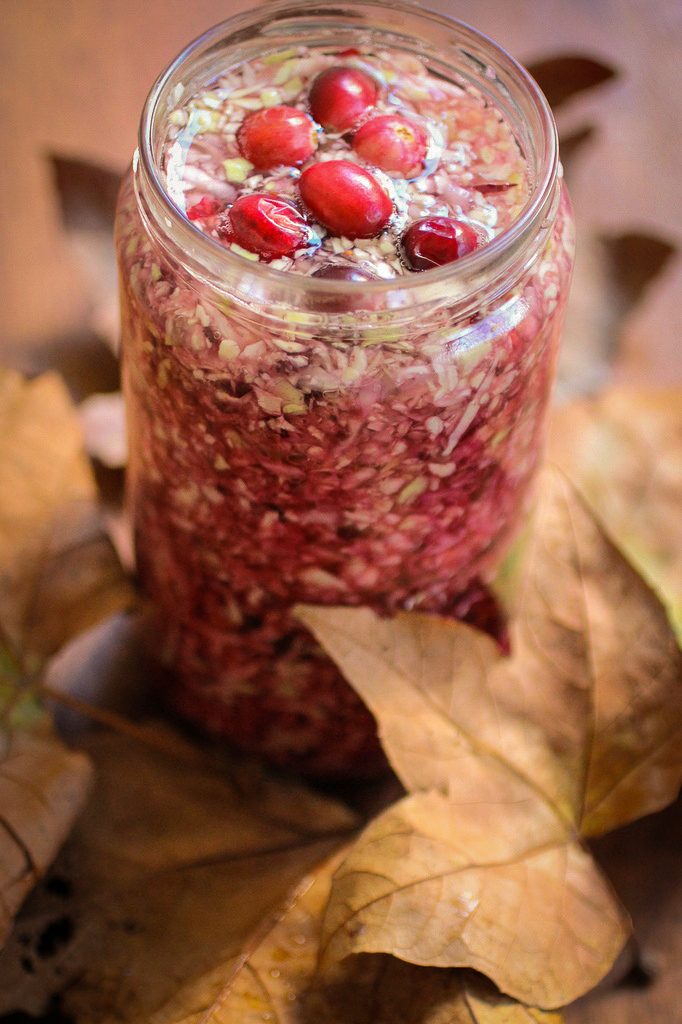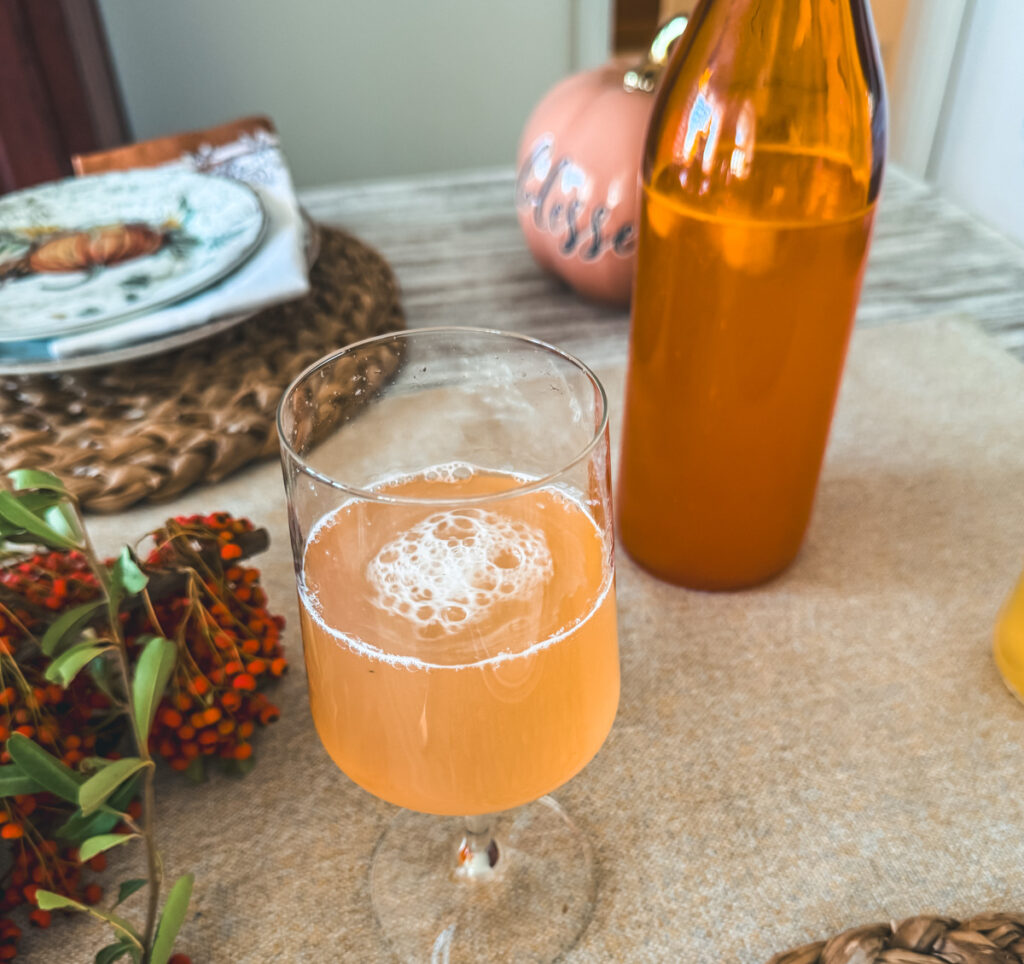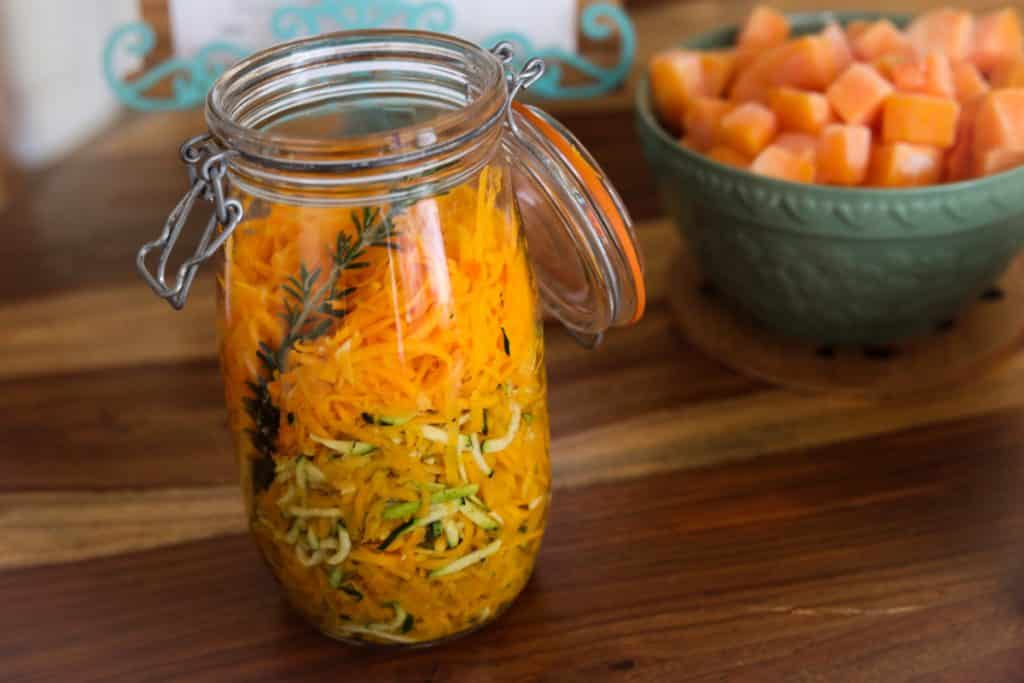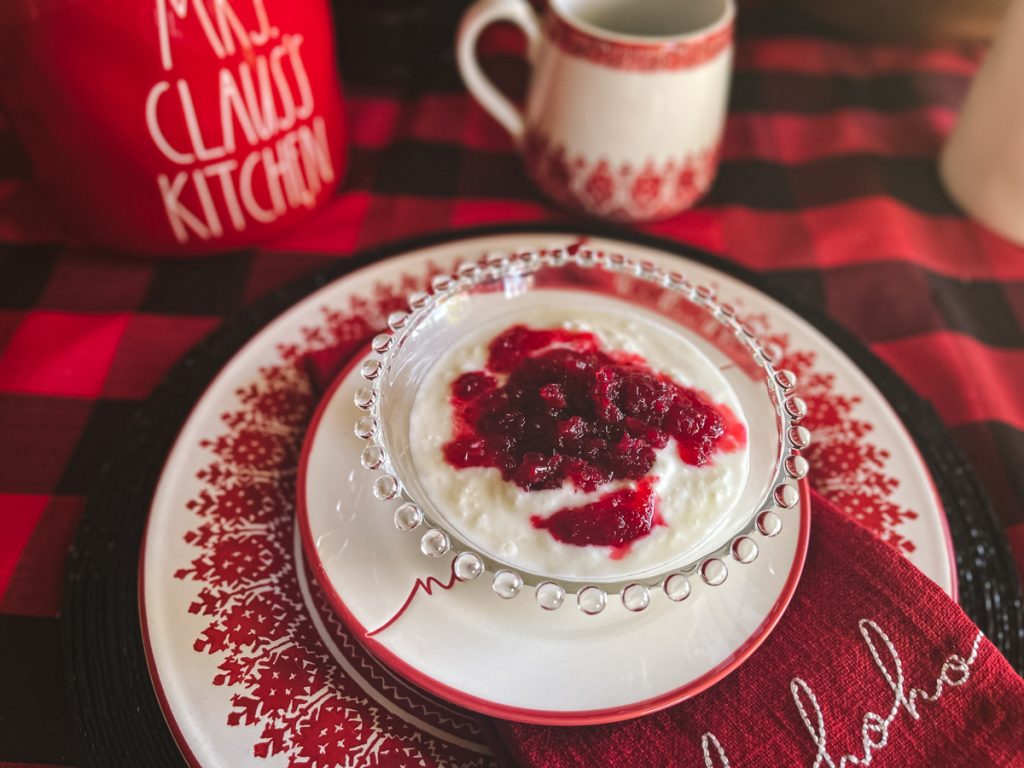
Building Immunity Before Autumn Arrives
Boost Your Immunity
🍁 Autumn is a beautiful season of change—crisp air, golden leaves, cozy evenings. But it also ushers in the first waves of seasonal illnesses. I’ve learned that preparing before autumn arrives makes all the difference. By building a foundation of daily habits— cultured foods — we can strengthen our immune system so it’s ready for the cooler months ahead.
You don’t have to eat all of these foods every single day to see the benefits. I like to rotate them throughout the week—maybe kefir in the morning, cultured veggies with lunch, Skyr or Yogurt Plus in the afternoon, and a kombucha or kefir soda when I want something bubbly. Some days I’ll have several or combine them, other days just one or two. It’s the steady rhythm over time that makes the difference, not perfection in the moment. Your body loves variety, and giving it a mix of cultured foods and supportive practices creates a strong foundation for immunity without feeling overwhelming.
Here’s how I prepare my body each year, with the foods and practices that have carried me through many autumns feeling strong and resilient.
Kefir: Nature’s Flu Fighter 🥛🛡️
🫙 Kefir has been my constant companion for over 20 years. Containing trillions of probiotics and up to 50 different strains, kefir is one of the most powerful immune foods you can consume.
-
It strengthens the gut (where 70% of your immune system lives). Shifts immune balance: Regular kefir consumption has been shown to tilt immune response toward protective Th1 immunity while lowering allergic Th2 responses [1]
-
Increases natural killer (NK) cell activity that targets viruses.[2]
- Antioxidant support: Kefir helps neutralize free radicals and elevate antioxidant enzyme activity.[3]
- Supports respiratory health and reduces inflammation.[4]
I think of kefir as a daily shield —gentle, nourishing, and one of the very best ways to prepare for flu season. It’s not flashy or complicated, just a simple glass of something that has become part of the rhythm of my life. I’ve been drinking kefir every day for twenty-four years, and I am never without it. Truly, it’s my secret health weapon.
Whenever the seasons change or when sniffles start going around, I find myself quietly thankful that kefir is already in my body, working behind the scenes. I don’t even have to think about it anymore—it’s just there, training my immune system, calming inflammation, and keeping me steady.
There have been so many times when those around me have come down with colds or flu, and I’ve stayed well. I don’t say this lightly — it feels like a kind of miracle, but I believe kefir has been one of the main reasons. It has been that consistent, faithful support to my body that I wouldn’t trade for anything.
I often tell people that kefir doesn’t just help you survive flu season — it helps you thrive through it. It’s comforting, it’s healing, and it makes you feel stronger in ways you only notice when you look back and realize how many illnesses you didn’t get.
Kefir — how much do I eat
While I have kefir almost every day, I change it up all the time. I make smoothies frequently, but currently, I'm eating strained kefir (which I strain out the whey to make thick) with added fruit like berries, cooked in a small amount of water. I then top it with nut butter and whipped kefir. It's so yummy I can't stop eating it. Sometimes I mix it with yogurt, or I have yogurt instead of kefir; it just depends on my mood. I need kefir almost every day for the benefits it provides. Better blood sugar and blood pressure, lower inflammation, and more. Kefir works the best for this so I try and have it every day.
Cultured Vegetables: Vitamin C, Probiotics, and Gut Resilience 🥕🥬
My fall fridge always has fermented vegetables. When I first started making sauerkraut and kimchi, I just loved the flavor and the fun of fermentation. Over time, though, I discovered they’re far more than tangy condiments—they’re daily immune allies. Here’s why:
-
Vitamin C powerhouse 🍊
Sauerkraut, kimchi, and other fermented vegetables are naturally rich in vitamin C. This vitamin fuels the production of white blood cells and antibodies, giving your body stronger defenses against colds and flu. -
Probiotic protection 🌱
Fermentation produces lactic acid bacteria (Lactobacillus plantarum, L. brevis, etc.), which improve gut barrier function and help balance the immune system. Since about 70% of your immune system lives in the gut, these microbes play a frontline role in warding off infection.-
One study showed that L. plantarum from kimchi enhanced immune response and increased production of protective cytokines.[5]
-
-
Anti-inflammatory effects 🌿
The probiotics in cultured veggies don’t just boost immunity; they help regulate it. That means they can calm unnecessary inflammation while keeping your body alert to true threats. -
Better nutrient absorption 🍽️
Fermentation unlocks minerals like iron, zinc, and magnesium, making them easier for your body to use. These are critical for immune cell function and energy production. -
Antimicrobial properties 🛡️
The organic acids and bioactive compounds produced during fermentation have been shown to inhibit harmful bacteria and even some viruses. [6] - Personal story 💚
I’ve seen it firsthand. On several occasions, I’ve used cultured vegetables and their juice to knock out food poisoning and stomach viruses. It was like a magic tonic that worked so quickly, I was shocked. When my children came down with the stomach flu, I gave them small sips of the juice (yes, the juice is just as powerful as the veggies), and within a couple of hours, the vomiting, cramps, and diarrhea subsided. I have personally witnessed it knock out food poisoning within hours. People write to me all the time, sharing that they've experienced the same thing. Fermented Veggies are powerful food like medicine. You want a jar in your fridge! 🫙
How To Make Cultured Vegetables
Fermented Vegetables— how much do I eat
I have fermented veggies at least once or twice a day. I often snack on pickles while I’m making dinner—they calm my hunger so I’m not ravenous and overeating when I sit down to eat. Lately, I’ve been loving fermented jicama and even sipping the juice, and I have a fresh batch of cranberry kraut brewing for the fall. Cranberries are full of superpowers, and fermenting them makes them even more special. One of the best things about cultured vegetables is that they last such a long time in the fridge, so you don’t have to make huge amounts—you can always have a little jar of goodness ready when you need it.
Yogurt: A Trio of Immune-Boosting Superstars 
Each type of yogurt brings its own immune-boosting strengths:
Skyr: The Icelandic Powerhouse 🇮🇸
Skyr is thicker, creamier, and higher in protein than most yogurts. That protein isn’t just good for building muscle — it’s vital for your immune system. Proteins supply the amino acids your body needs to make antibodies, enzymes, and immune cells that go to work when pathogens try to invade. Skyr also contains probiotics like Lactobacillus species that support the gut barrier, keeping harmful microbes from slipping in.
Why it helps during flu season: Skyr gives you staying power (so you don’t crash mid-day), while fortifying your body with the building blocks for antibodies and immune proteins. How to make Skyr Yogurt
Greek Yogurt: Balanced Nutrition + Probiotics 🇬🇷
Greek yogurt is strained to remove much of the whey, leaving it higher in protein and lower in sugar. Like Skyr, this extra protein feeds your immune system. But Greek yogurt also delivers a rich supply of minerals like calcium, zinc, and magnesium — each one critical for immune cell activity.
It’s also brimming with probiotics, which regulate the gut microbiome. Since around 70% of your immune system is housed in your gut, a balanced microbiome means your immune cells are better trained, less inflamed, and ready to defend you.
Why it helps during flu season: The high protein supports antibody production, while probiotics keep your immune system alert and balanced. How to Make Greek Yogurt
Yogurt Plus: The Bifidobacteria Advantage
Our Yogurt Plus starter is specially designed with Bifidobacteria, one of the most important groups of probiotics for human health. These microbes thrive in the colon, where they:
-
Produce short-chain fatty acids that reduce inflammation and boost immunity.
-
Strengthen the gut barrier, preventing pathogens from leaking into the bloodstream.
-
Communicate directly with immune cells, calming overactive responses while enhancing defenses against real threats.
Research shows that Bifidobacteria can even reduce the severity of respiratory infections, making them especially valuable during flu season.
Why it helps during flu season: Bifidobacteria act like peacekeepers in the gut — keeping everything calm, balanced, and well-defended. How to Make Yogurt Plus
Specialty Strains: L. Reuteri and L. Gasseri ✨
Some yogurts go beyond traditional strains and introduce probiotics with very specific immune powers. Two of my favorites are Lactobacillus reuteri and Lactobacillus gasseri. These yogurts take immune support to another level, especially when cold and flu season rolls around.
L. Reuteri: The Immune Regulator 🛡️
L. reuteri is one of the most researched probiotic strains, and it’s often described as an immune modulator. What that means is it doesn’t just stimulate your immune system — it helps it respond appropriately. Too much inflammation makes you feel worse during illness, but too little response allows viruses to spread. L. reuteri helps strike that balance.
-
It stimulates the production of antimicrobial peptides—tiny proteins your body makes to directly attack pathogens.
-
It promotes the release of regulatory compounds that calm unnecessary inflammation.
Why it helps during flu season: It trains your immune system to stay calm but ready — reducing overreactions and increasing protection when viruses show up. How to Make L. Reuteri
L. Gasseri: The Gut Barrier Guardian
L. gasseri is another probiotic superstar, often found in healthy human microbiomes. It plays a different but equally important role:
-
It strengthens the intestinal barrier, making it harder for harmful bacteria and viruses to cross into the bloodstream.
-
It helps crowd out pathogenic bacteria in the gut, reducing the overall burden on your immune system.
-
Some studies show L. gasseri can enhance natural killer (NK) cell activity, which is one of the body’s frontline defenses against viral infections.
Why it helps during flu season: By protecting the gut lining and boosting immune activity, L. gasseri helps create a strong first line of defense against pathogens that try to invade. How to Make L. Gasseri Yogurt
Do You Need to Eat Them All Every Day? 🥣
One of the questions I get asked often is, “Do I have to eat all these yogurts every day?” The answer is no. You don’t have to fill your fridge with every kind or try to juggle them all at once. Instead, think of them as tools in your toolbox. You can pick one yogurt that you love and enjoy it often, or rotate between different types depending on what sounds good that day. Even having just one regularly — whether it’s Skyr, Greek yogurt, Yogurt Plus, or specialty strains like L. reuteri or L. gasseri —can give your immune system powerful support. And if you want to enjoy more than one, that’s wonderful too. The key is consistency, not perfection.
Yogurt — How much do I eat
I usually have one of these yogurts every day—whether it’s Skyr, Greek, or Yogurt Plus. Most often I strain them for extra protein, and I use them in so many recipes that they’ve become a staple in my kitchen. They’re so versatile that I find myself constantly consuming them without even trying. I like to make one large batch at a time and rotate each week—one week it’s a couple of quarts of Skyr, the next week Yogurt Plus or Greek yogurt.
I also enjoy L. reuteri yogurt a few times a week, especially on the days I lift weights. Just a few spoonfuls are enough to support muscle building and recovery, and I’ve noticed a dramatic difference this past year. Between the extra protein from yogurt and kefir and the benefits of L. reuteri, I’ve put on more muscle and lost more body fat than I thought possible. Muscle really is the longevity hormone, and I’m amazed at how much stronger, leaner, and younger I feel because of it.
Kefir Soda & Kombucha: Sparkling Immunity in a Glass 🥂✨
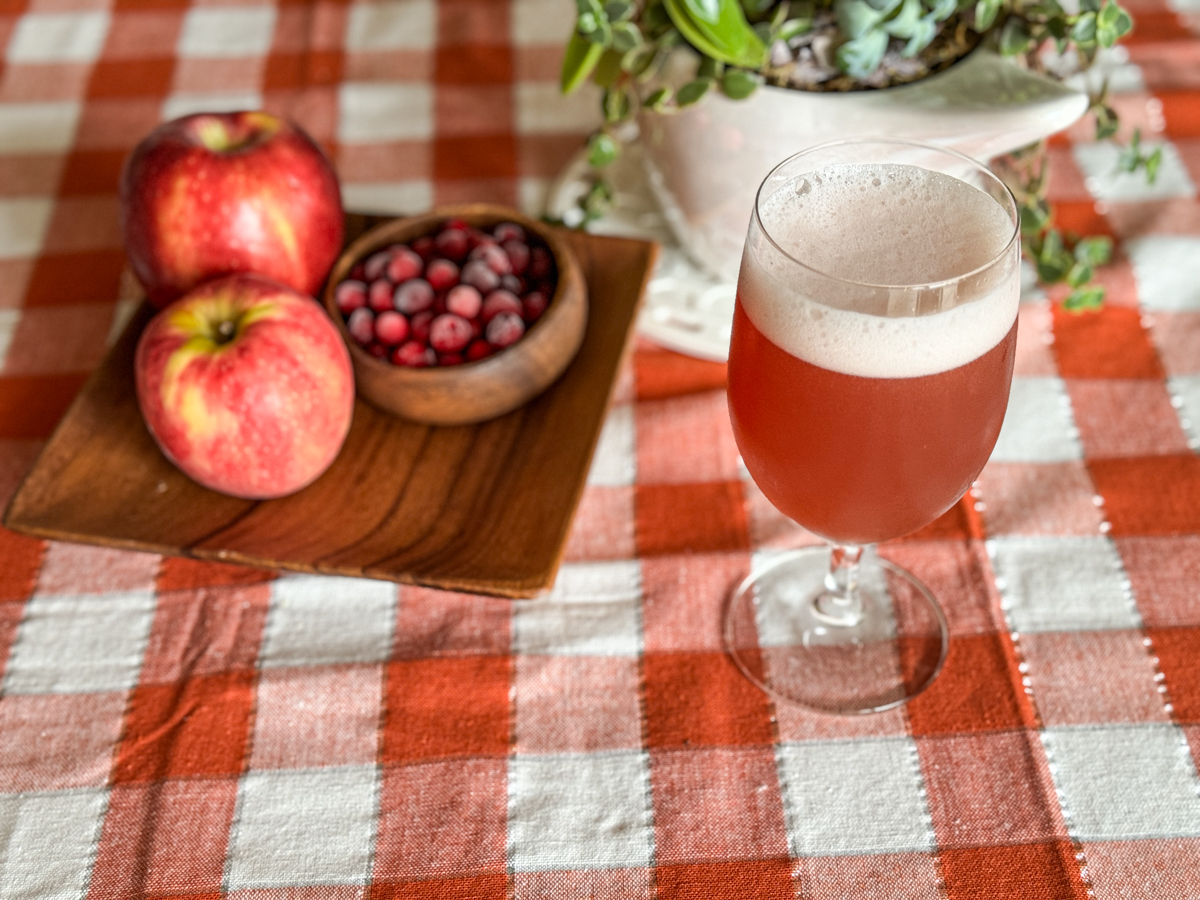 Sometimes wellness comes in a bubbly glass. Kefir soda and kombucha are two of my favorite ways to sip probiotics while enjoying a refreshing, fizzy drink.
Sometimes wellness comes in a bubbly glass. Kefir soda and kombucha are two of my favorite ways to sip probiotics while enjoying a refreshing, fizzy drink.
-
Kefir Soda is made with beneficial yeasts and bacteria that feed on natural sugars, leaving behind a lightly sweet, effervescent beverage. Studies show that kefir’s microbes help balance gut flora and may even support antiviral activity - making it a wonderful companion during flu season. I love it because it feels like a treat, but it’s really a gift for my immune system. [7]
-
Kombucha is brewed from tea and a SCOBY (symbiotic culture of bacteria and yeast). Rich in organic acids, polyphenols, and probiotics, kombucha has antioxidant and antimicrobial properties. The tea base provides catechins (similar to green tea’s EGCG) which further support immunity and metabolic health. [8]
-
Kefir Soda and Bifidobacteria One of the wonderful things about kefir soda is that it can contain strains of Bifidobacteria, some of the most important microbes for human health. These special probiotics don’t just help digestion—they actually help regulate your immune system. They calm it down when it’s overreacting, and strengthen it when you need extra defense. That balance is especially important during flu season, when your body is working hard to protect you without causing unnecessary inflammation.[9,10]
When I want something festive with low sugar, I reach for a glass of kefir soda or kombucha. They not only support my immune system but also help keep my cravings at bay—another little way they make autumn easier to enjoy. How to Make Kefir Soda
Kefir Soda Kombucha — how much do I consume
I usually have one of these either every day or at least a few times a week. These are a pick-me-up for me between meals and give me a boost when I am feeling drained.
Kombucha and kefir soda may also play a role in helping the body fend off colds and flu. Their probiotics support a healthy gut microbiome, which is central to strong immune function. Antioxidants in these drinks help protect cells from damage, while the organic acids produced during fermentation carry natural antimicrobial properties that may help fight off germs. While they’re not a guaranteed prevention, the combination of probiotics, antioxidants, and acids can strengthen your body’s natural defenses—giving you one more layer of seasonal support.
Together, these sparkling probiotic drinks not only make wellness fun and flavorful—they also support strength, recovery, and resilience from the inside out.
Recipes to Build up Your Immunity ✨
Listen To My Podcast
In this episode, I share the cultured foods I rely on to strengthen my immune system before the cooler months set in. From daily kefir and yogurt to tangy cultured vegetables and refreshing probiotic drinks like kombucha and kefir soda, these foods have transformed my health and energy. Tune in to discover how they can help you build resilience, nourish your gut, and enter autumn feeling stronger and ready for the season ahead.
References:
- https://www.semanticscholar.org/paper/%5BThe-effect-of-kefir-consumption-on-human-immune-a-Adilo%C4%9Flu-G%C3%B6n%C3%BClate%C5%9F/393615b1926d6a4df1f98fa32be52ed8acb55546?
- https://www.researchgate.net/publication/324045969_Lactic_Acid_Bacteria_from_Kefir_Increase_Cytotoxicity_of_Natural_Killer_Cells_to_Tumor_Cells
- https://www.researchgate.net/publication/393198465_Antioxidant_Effects_of_Bioactive_Components_of_Kefir
- https://www.culturedfoodlife.com/kefir-and-respiratory-health/
- https://www.spandidos-publications.com/10.3892/etm.2021.10942#
- https://www.mdpi.com/2304-8158/13/1/38
- https://www.mdpi.com/2306-5710/7/3/48?utm
- https://pmc.ncbi.nlm.nih.gov/articles/PMC9975612/?
- https://www.researchgate.net/publication/362547042_The_effects_of_kefir_and_kefir_components_on_immune_and_metabolic_physiology_in_pre-clinical_studies_a_narrative_review
- https://www.frontiersin.org/journals/immunology/articles/10.3389/fimmu.2022.947755/
Are you on the list?
Sign up today and I'll send you my free Getting Started Guide!
Each week I'll send you updates, tips, recipes, and more! You might even be a winner of my weekly giveaway! (starter cultures, memberships, and more!)
Come be a part of my cultured food family!

